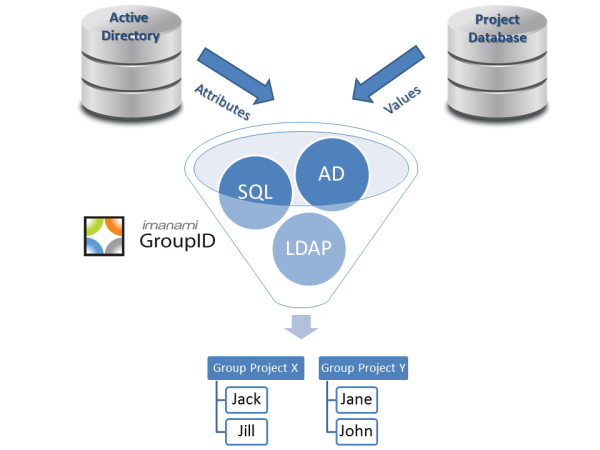Security Threats in Healthcare
Now that the HIMSS conference has wound down, folks are starting to try to make sense of what, by all accounts, was a massive amount of new and important information to digest. One of the nuggets that I pulled out was a pressing and real concern for security in the healthcare infrastructure. The concern was…

